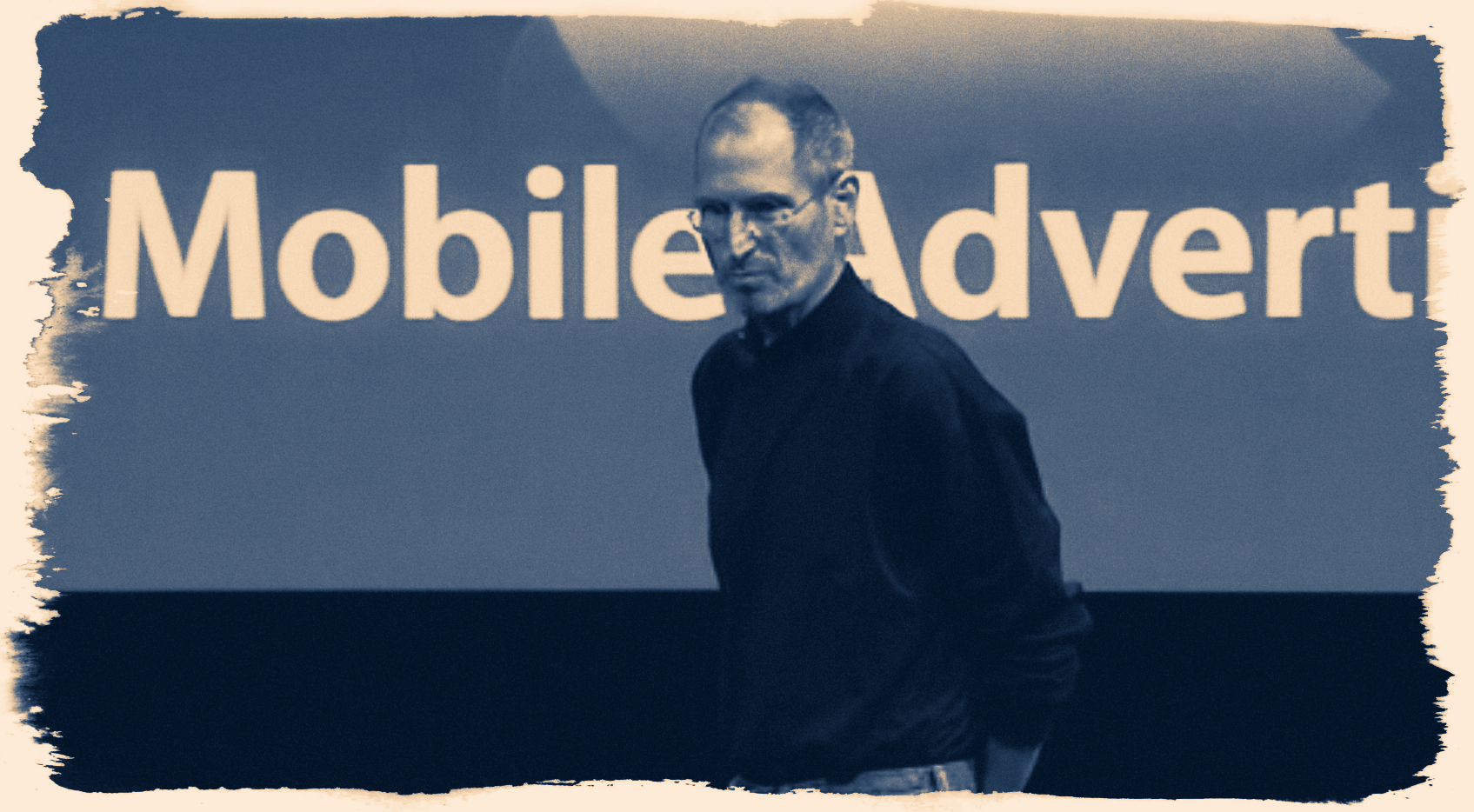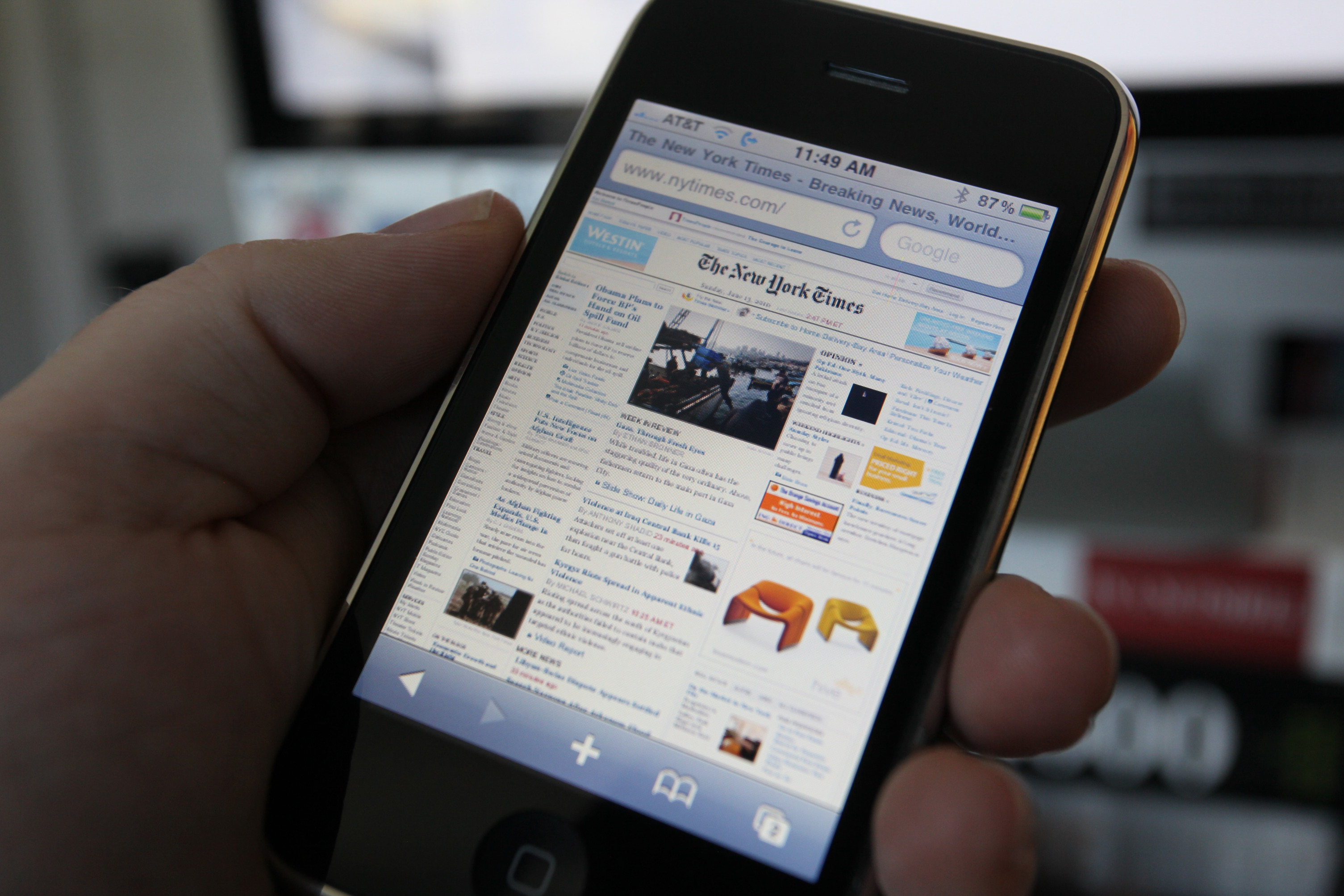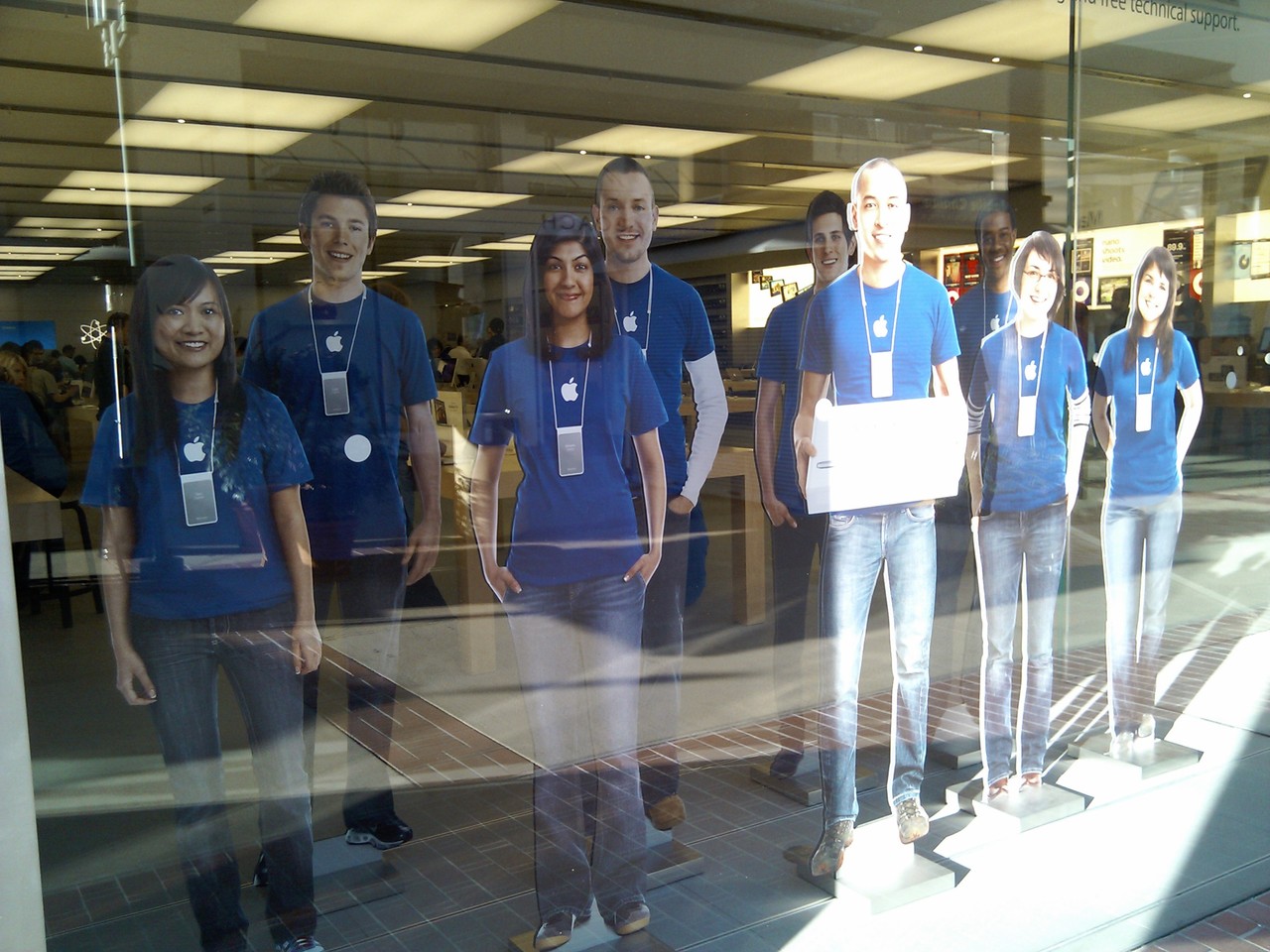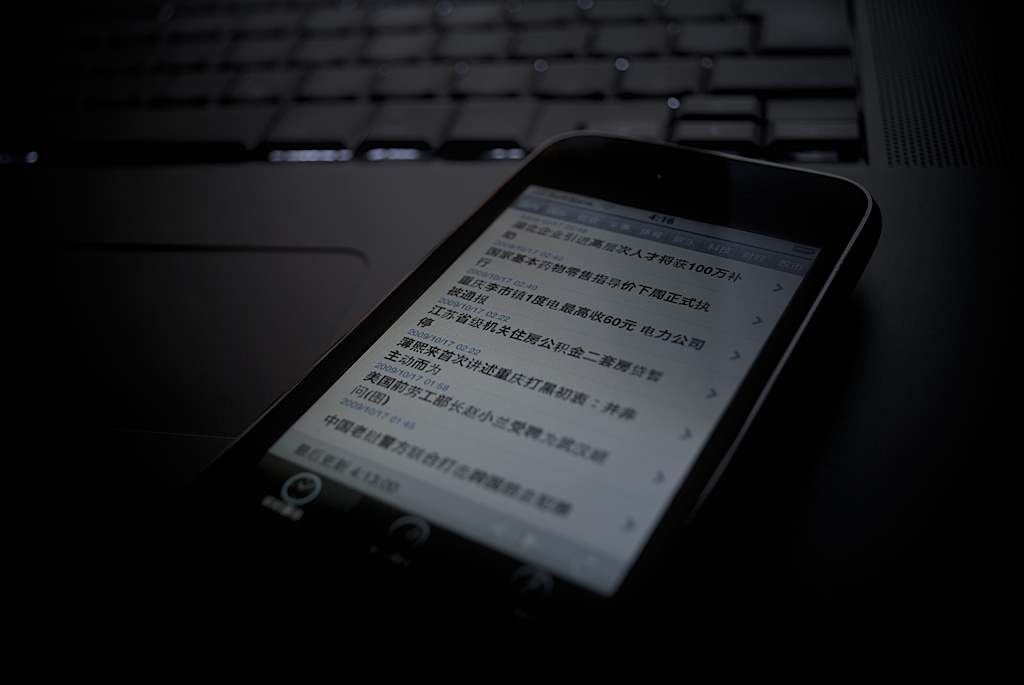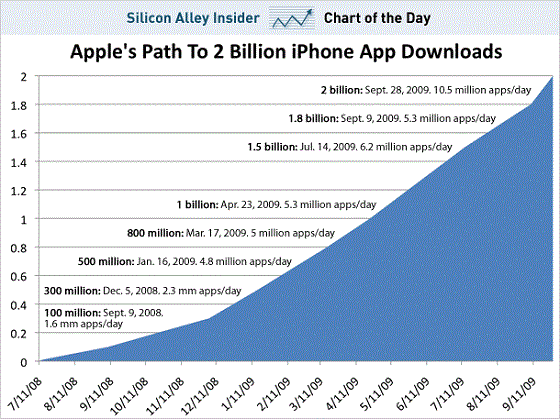Microsoft and Apple underestimate how quickly Google is consolidating its mobile platform—clearly so do geeks reviewing Nexus One. Google isn’t just going for one piece of mobility but the whole shebang. Google is putting together the pieces to offer a single mobile lifestyle, with no PC required, supported by search and other Google informational services. Like everything else the company does, free is the glue sticking everything together.
Google’s decision to sell Nexus One direct, even the carrier subsidized model, is part of the strategy. Open-source licensing has its limitations and risks fragmenting Android. As I explained in March 2009 post “There’s an App for That,” Apple changed the rules for mobile operating systems by breaking carrier control over updates. Apple distributes iPhone OS updates, preventing the kind of fragmentation typically caused by carrier distribution. By selling a handset direct, Google takes control of Android updates for a flagship phone that also acts like a baseline design model for handset manufacturers licensing the mobile operating system.
